This gallery shows 34+ high-quality and Best-resolution Raccoon PNG Images, Vectors, Stickers, logos, Icons, and Clipart Pictures with transparent backgrounds.
Related Topics: Beaver PNG | Red Fox PNG | Squirrel PNG
Free download all the Raccoon PNG Images for graphic design, projects, presentations, web design, editing, and other works.
Raccoon PNG images for free download:
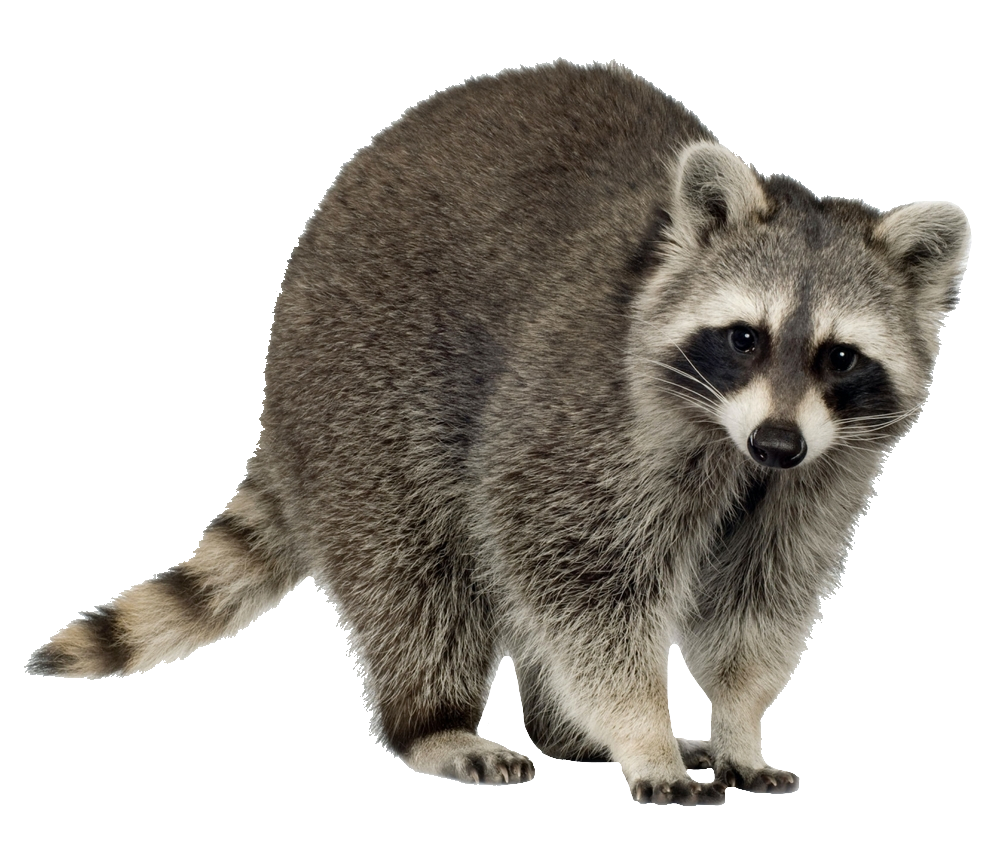
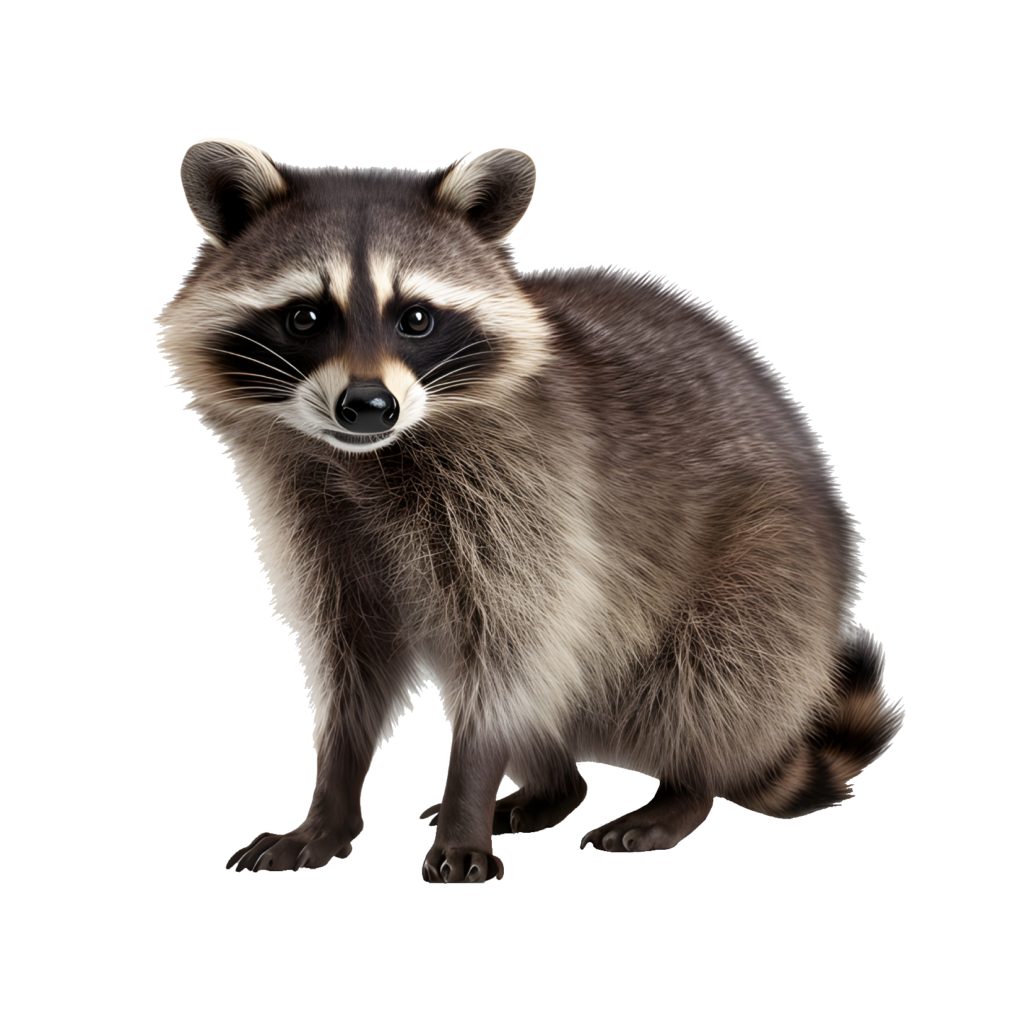
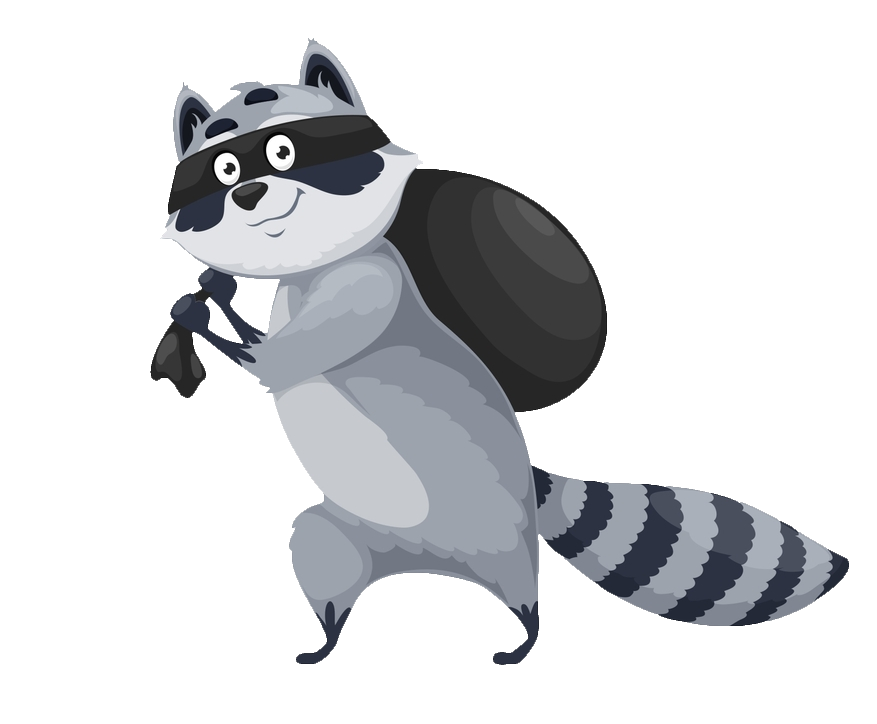
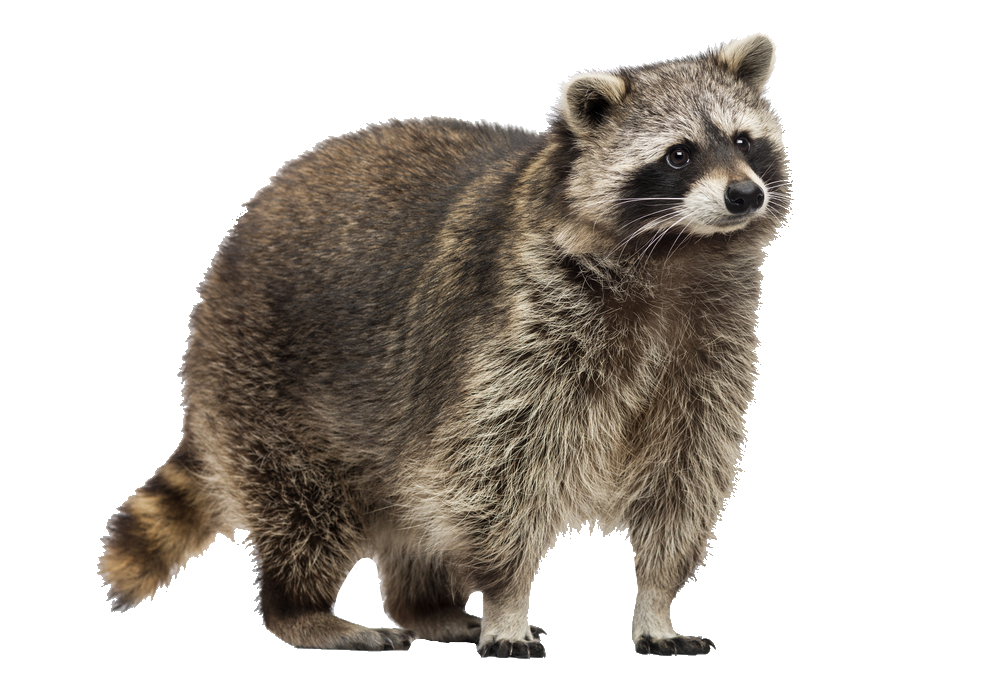
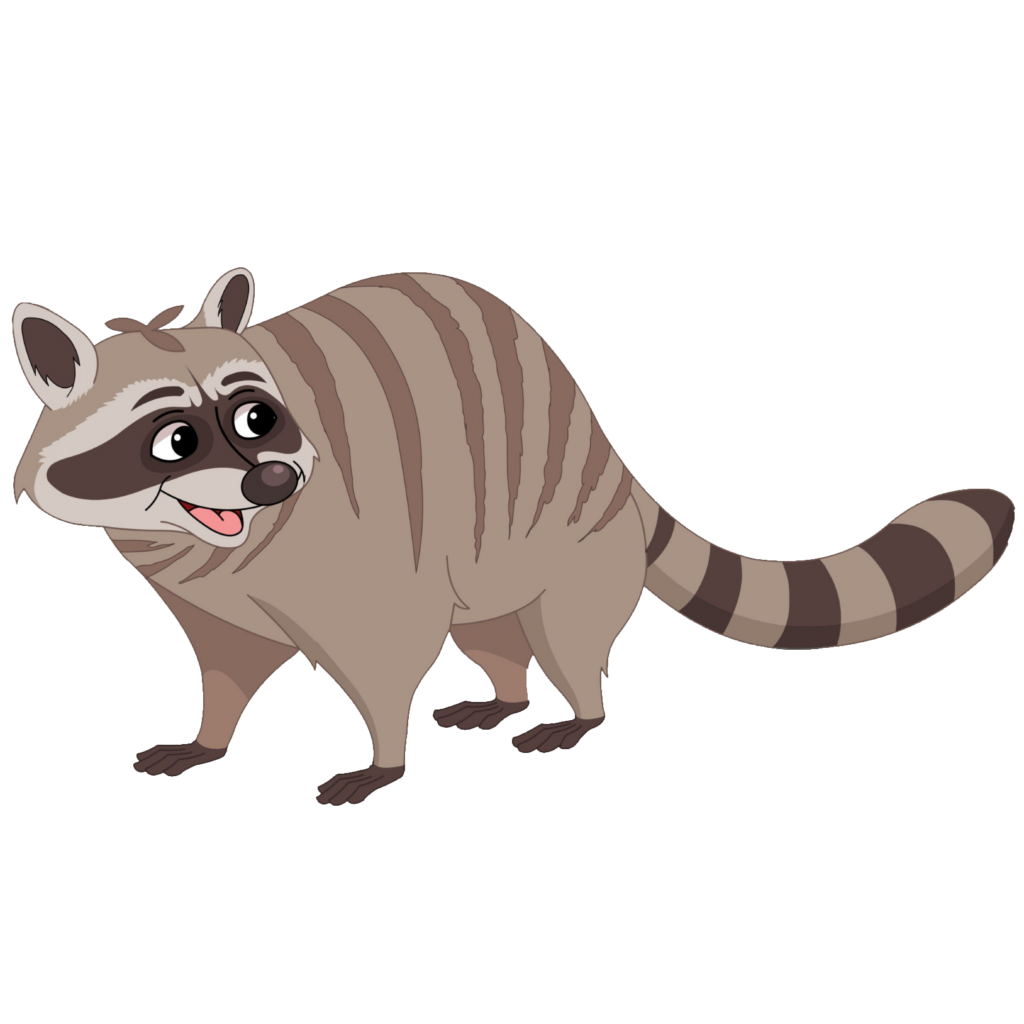
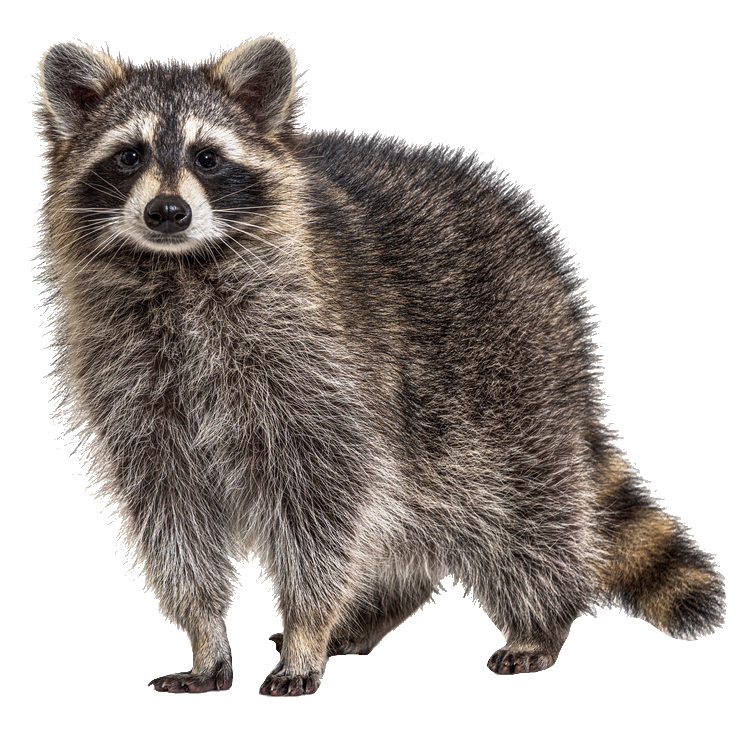
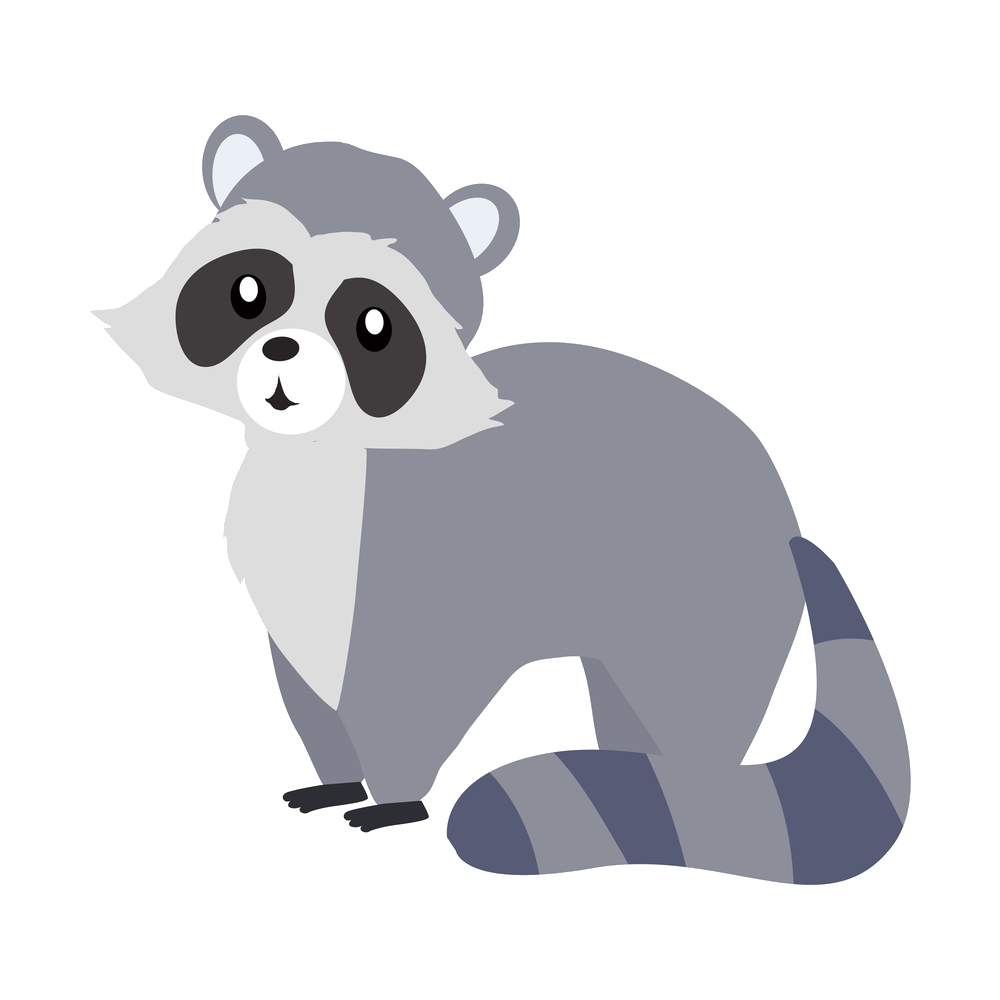
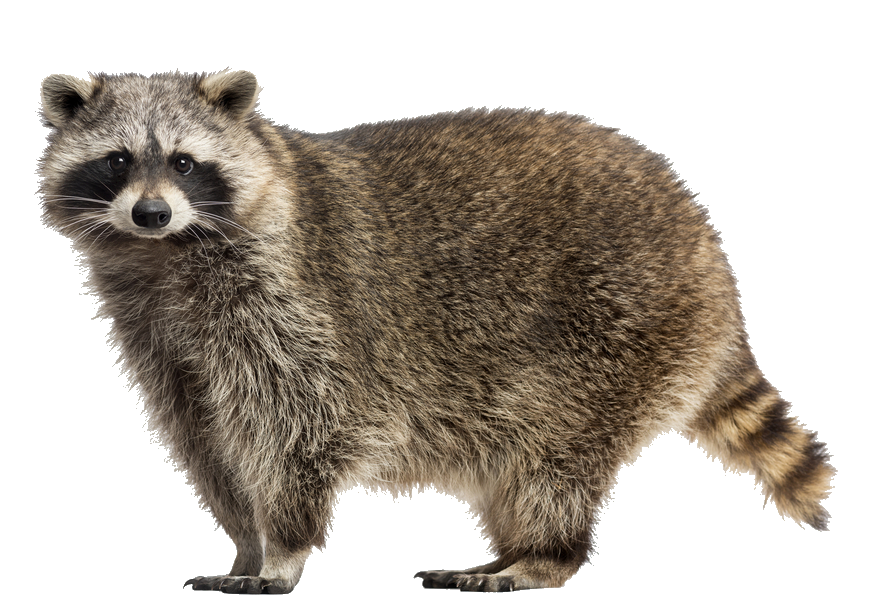
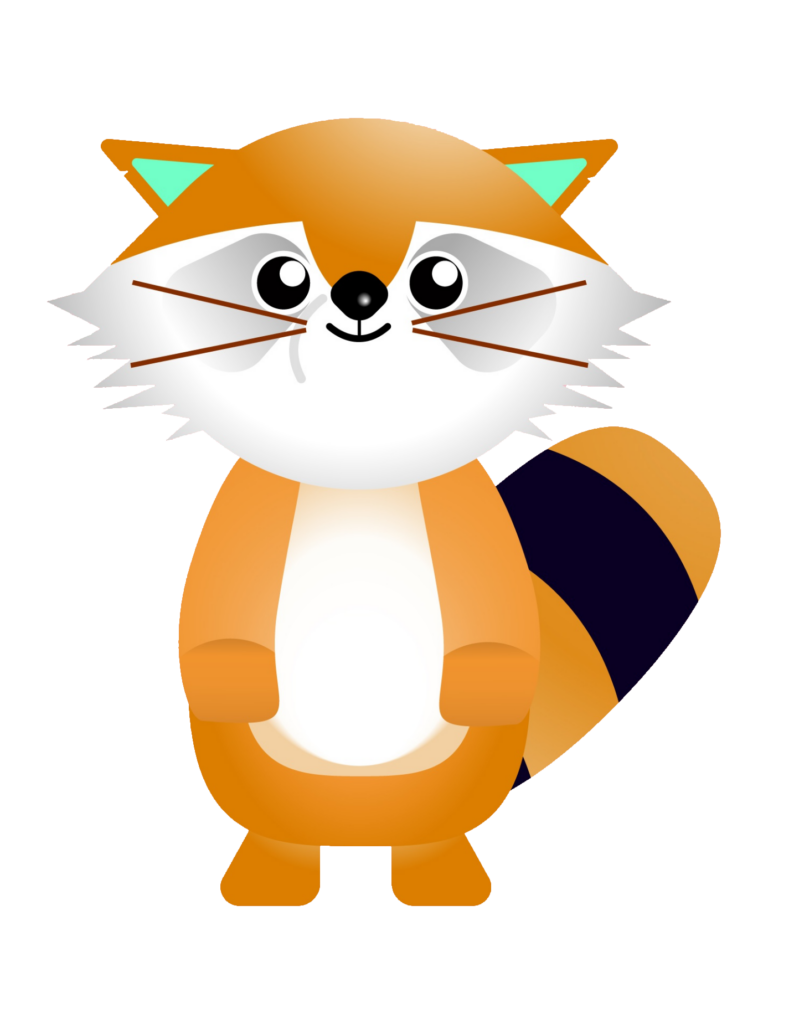
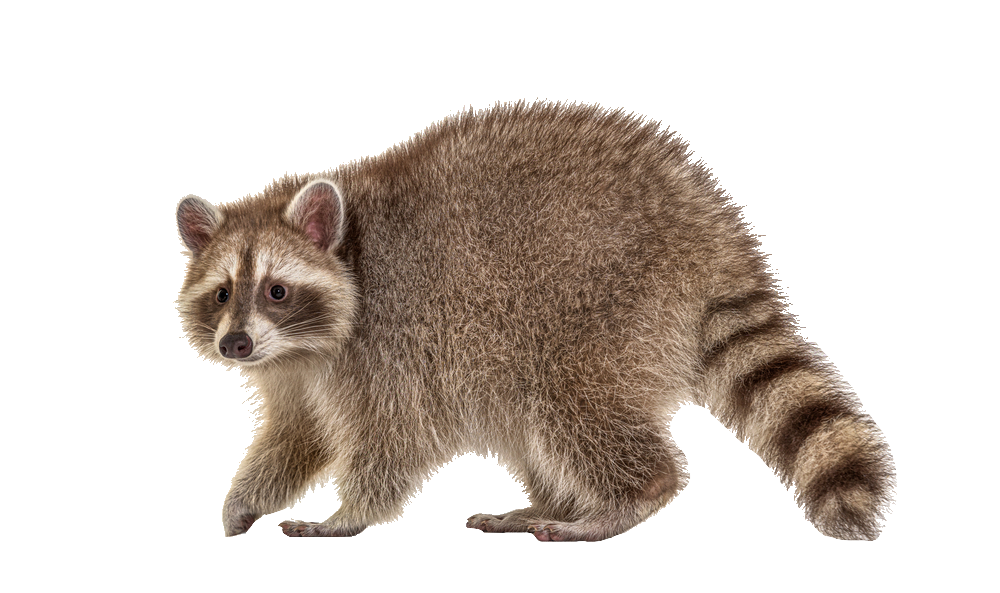
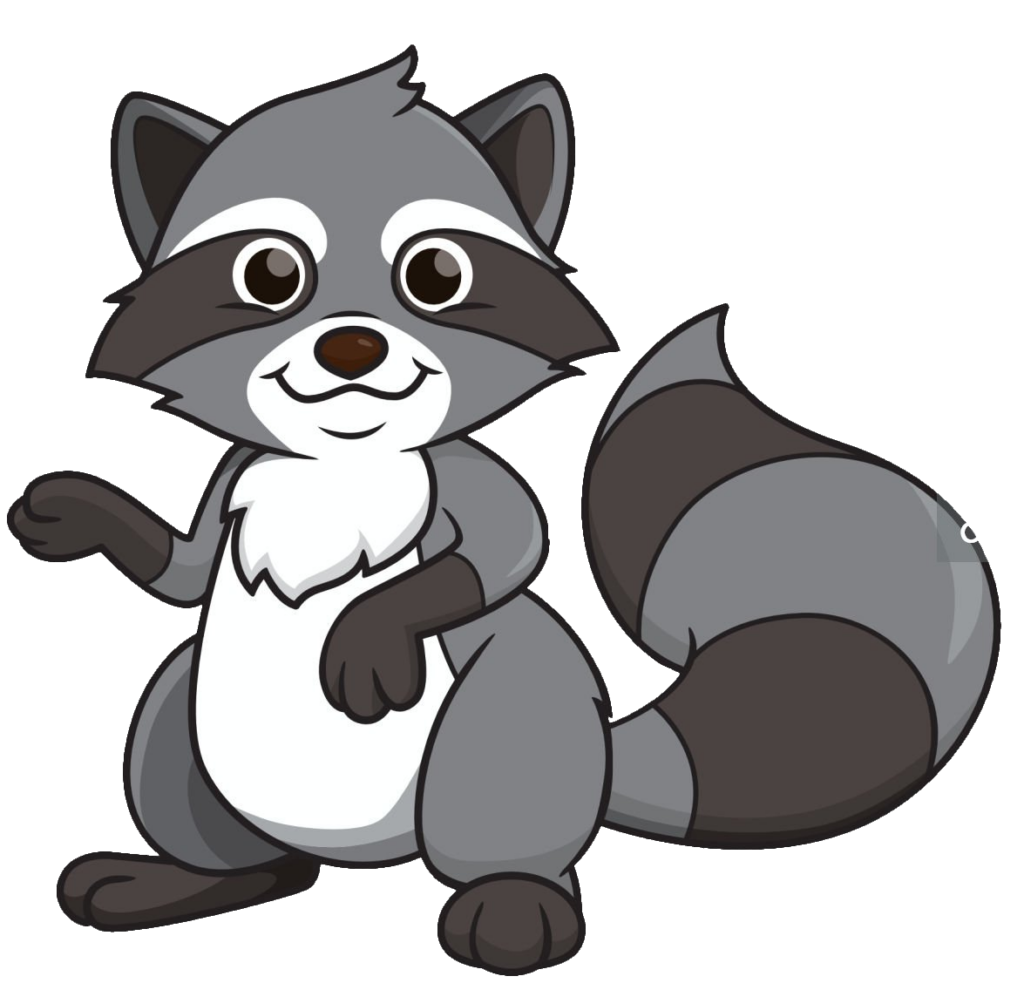
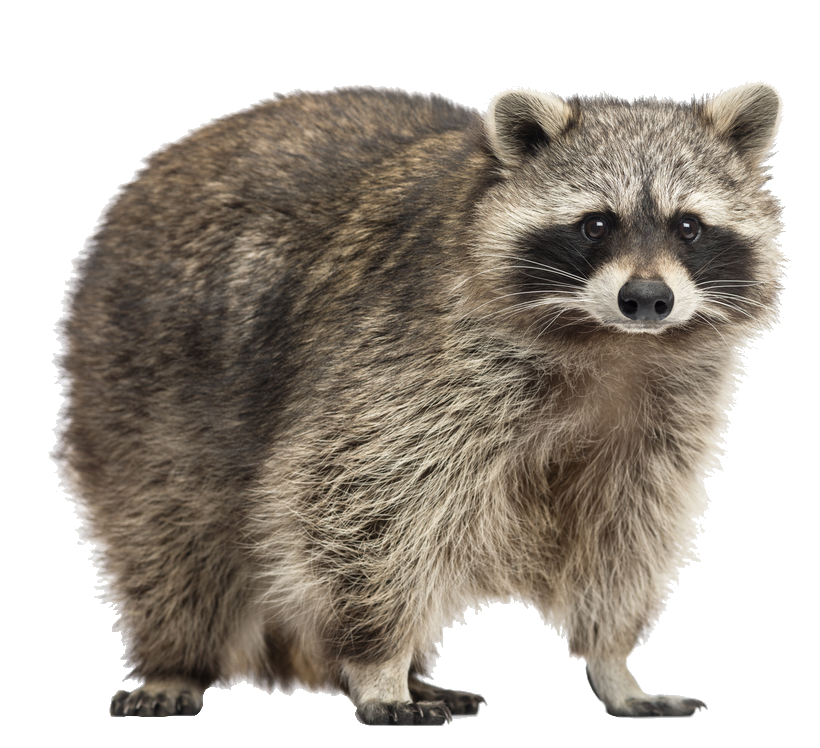
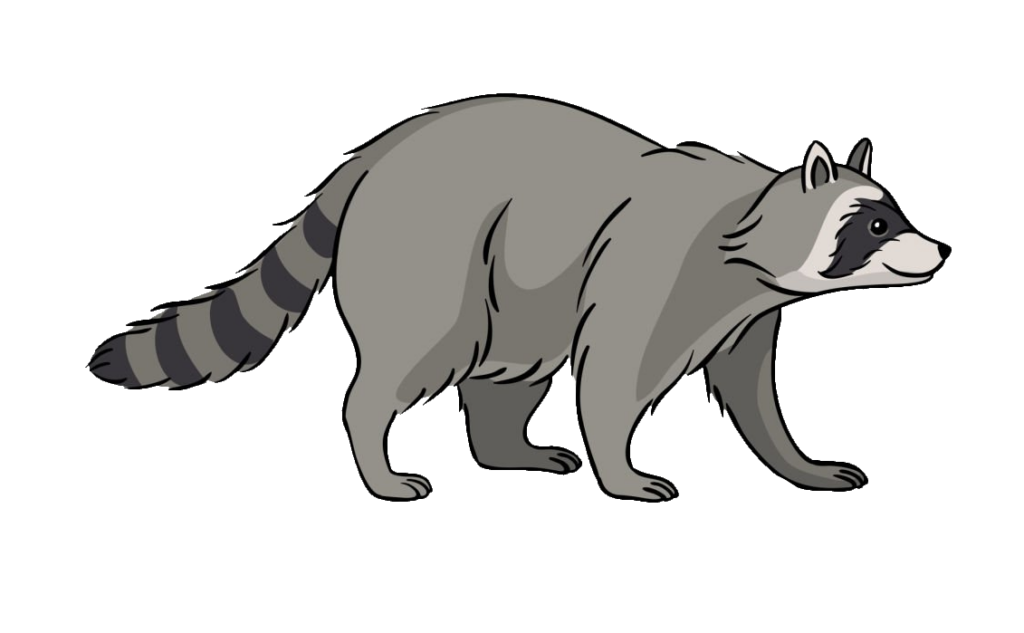
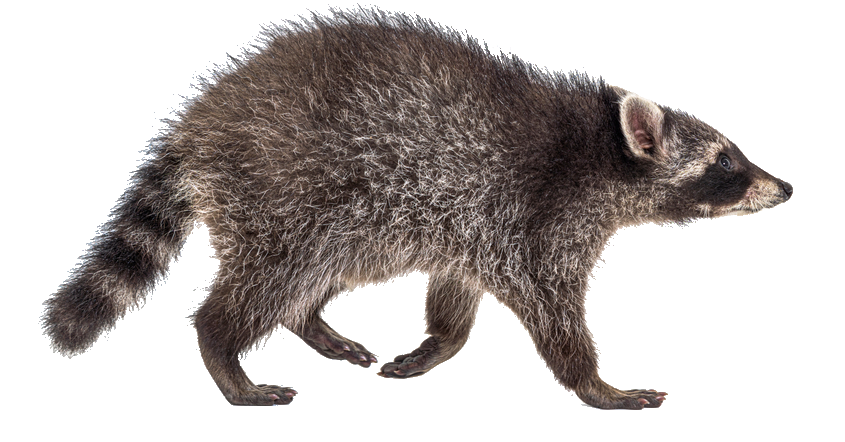
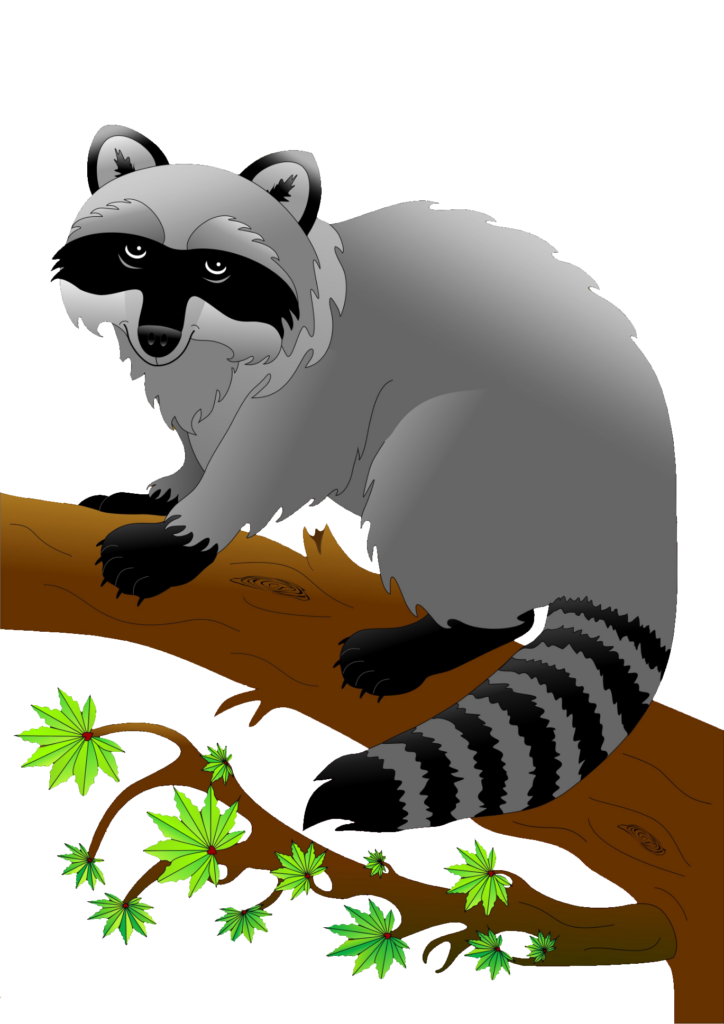
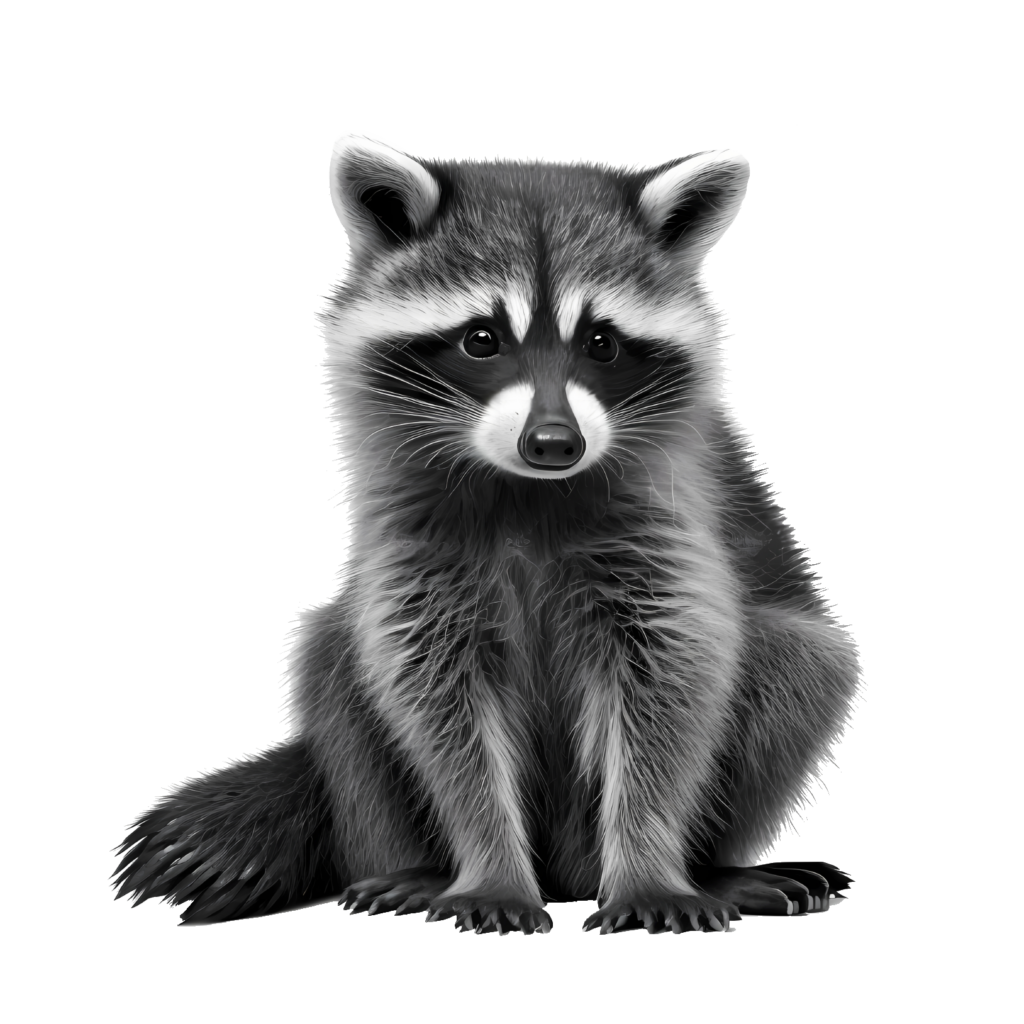
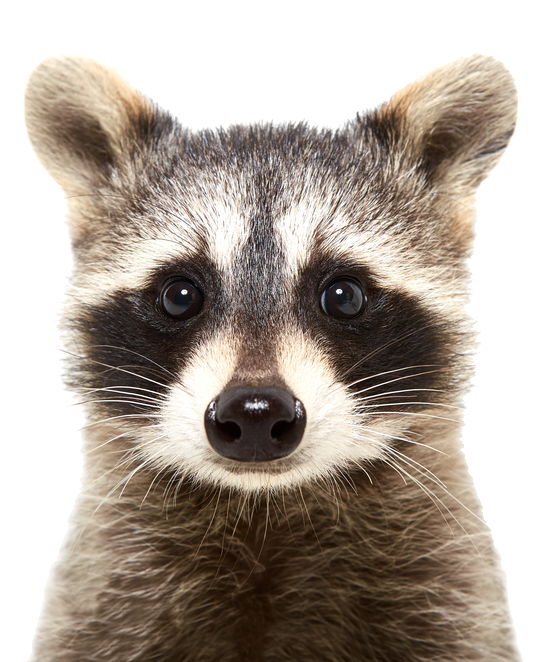
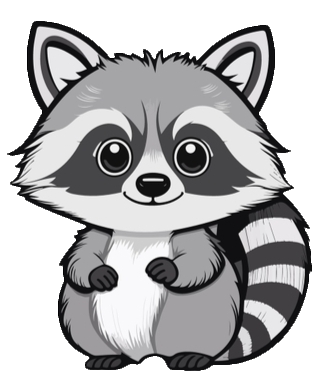
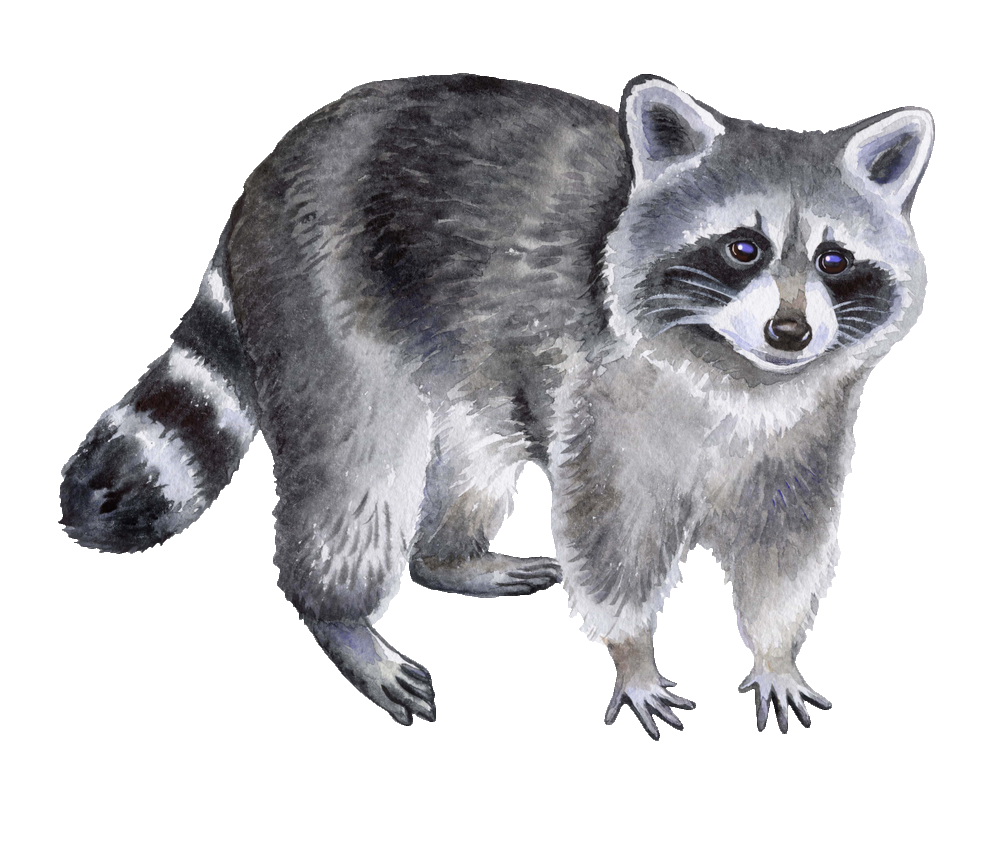
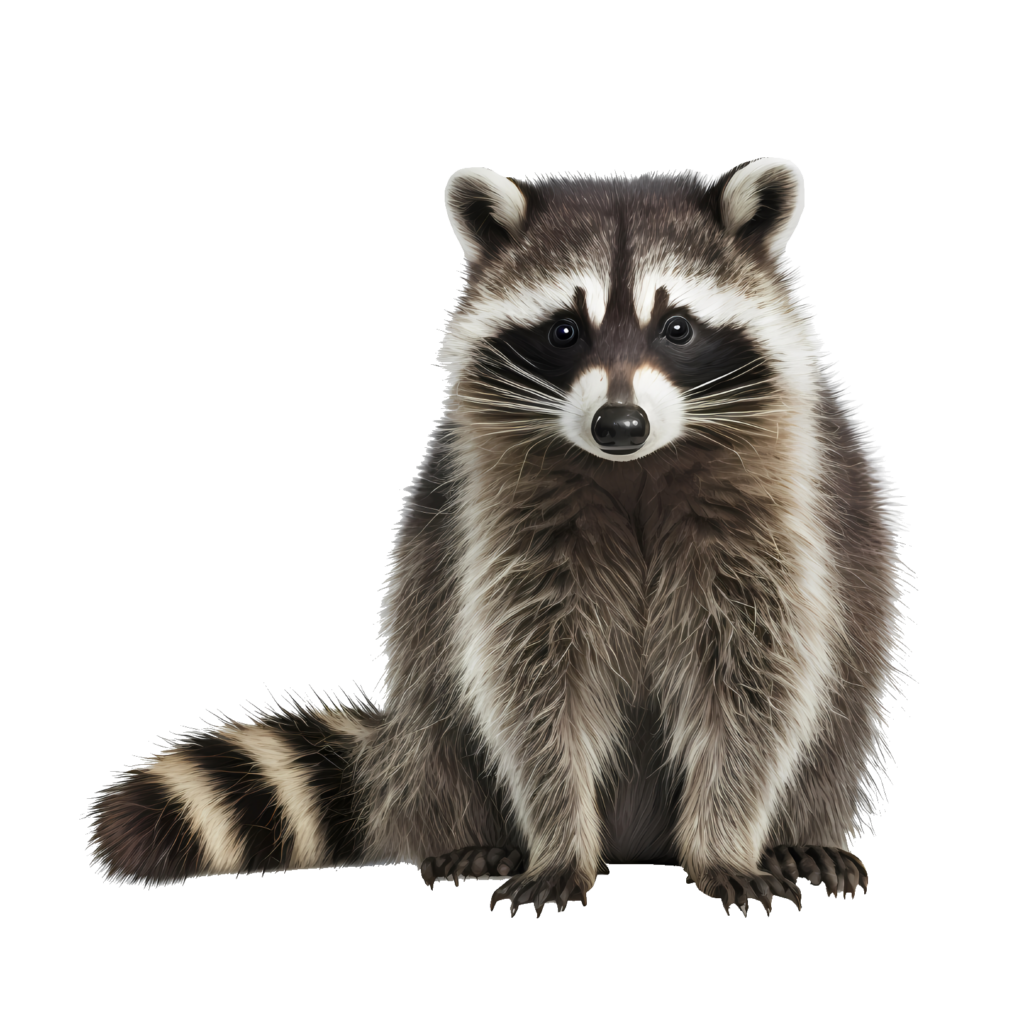
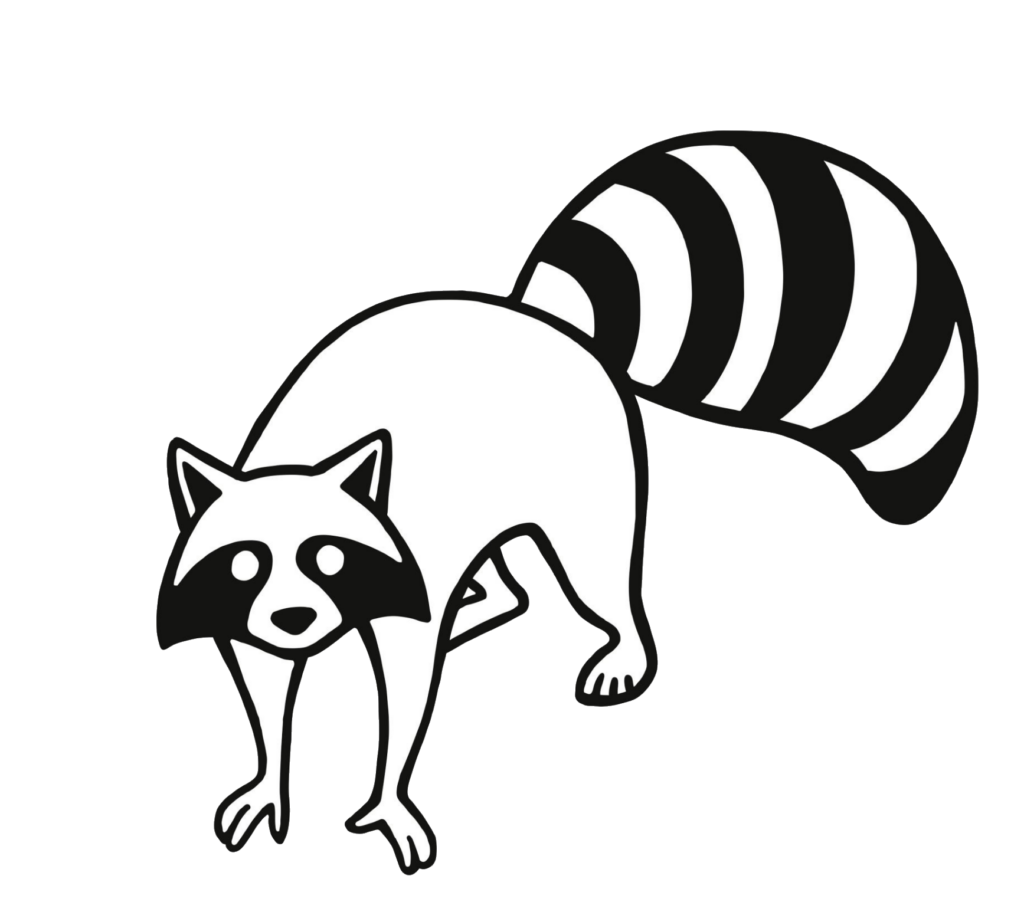
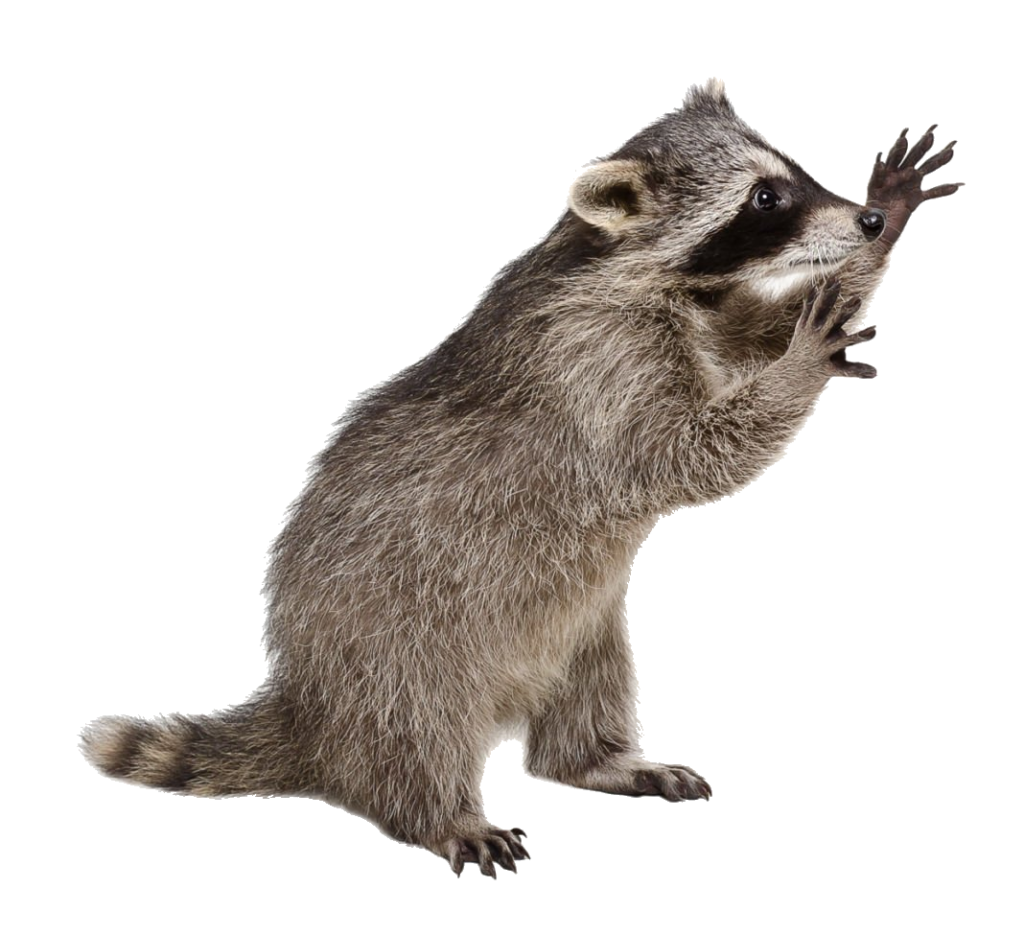
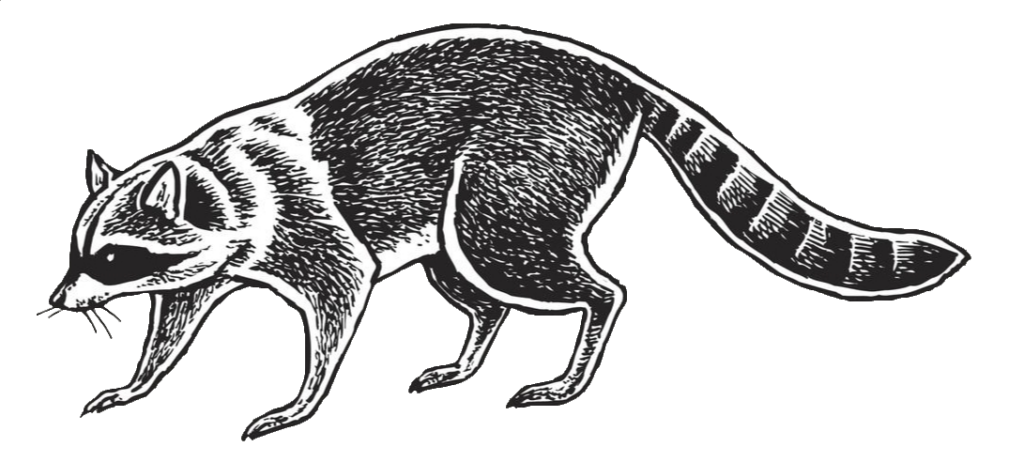
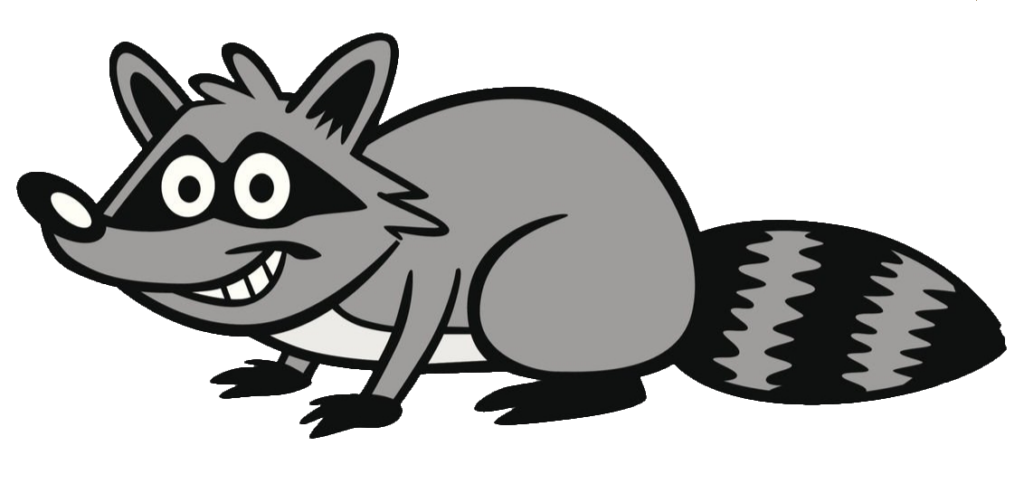
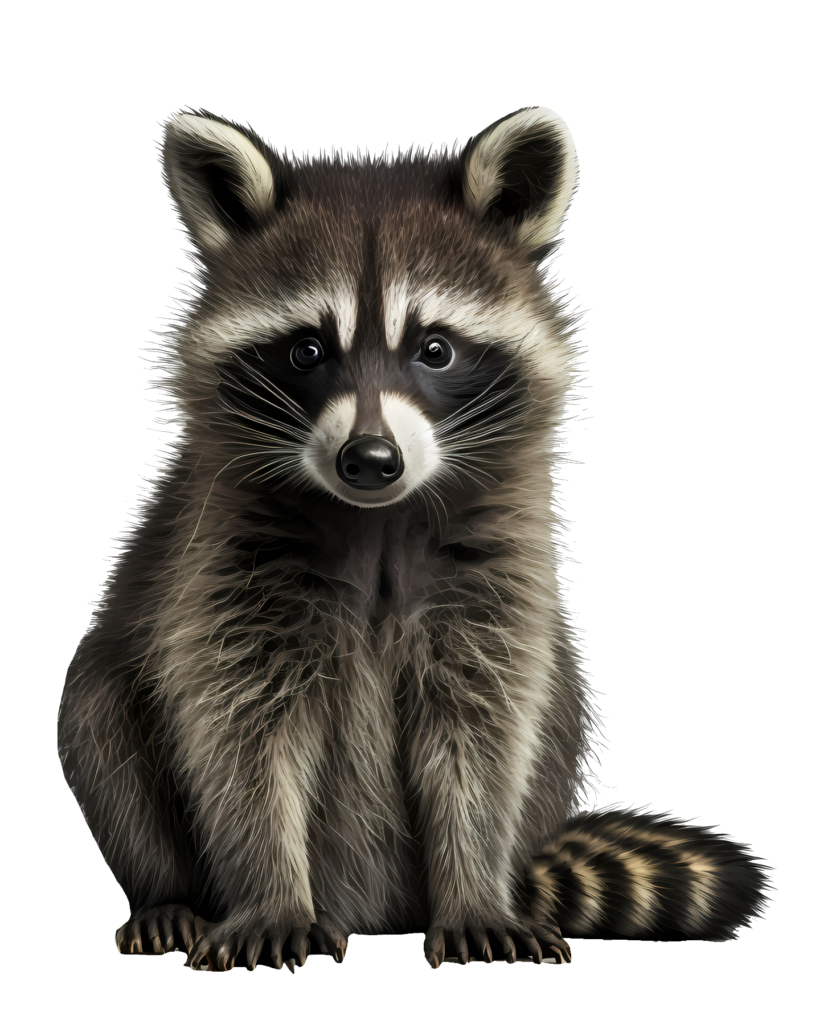
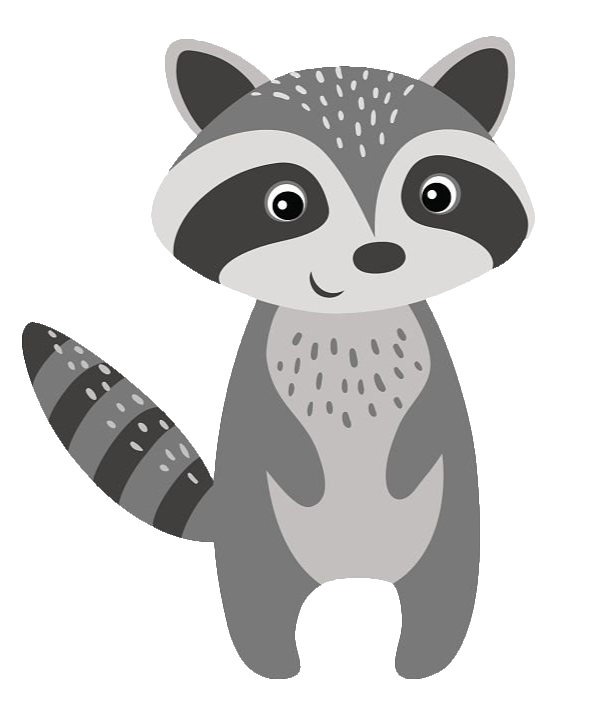
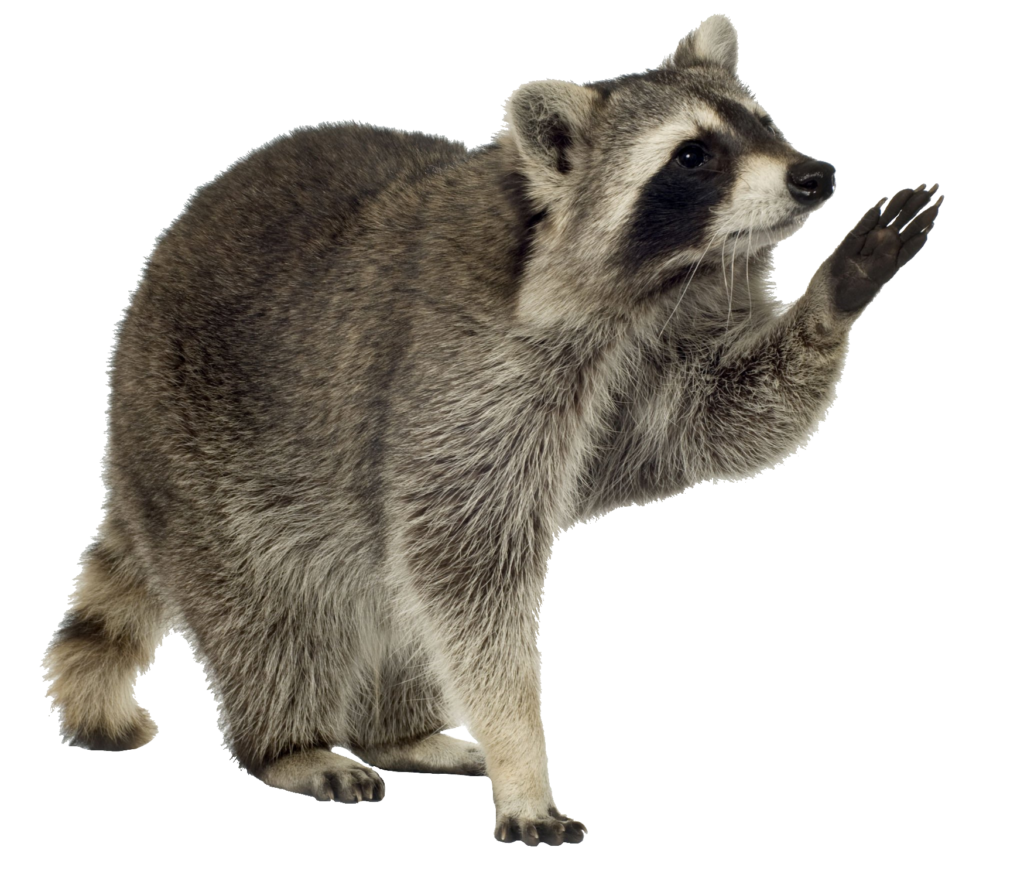
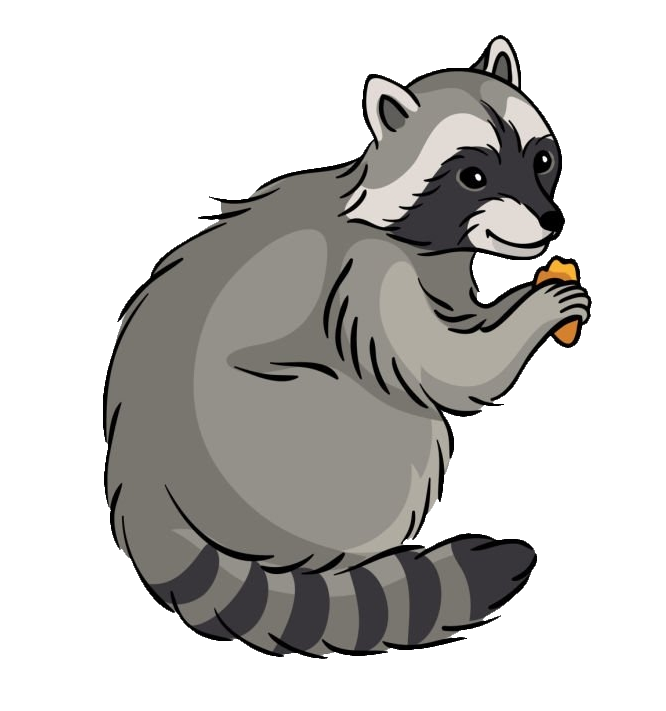
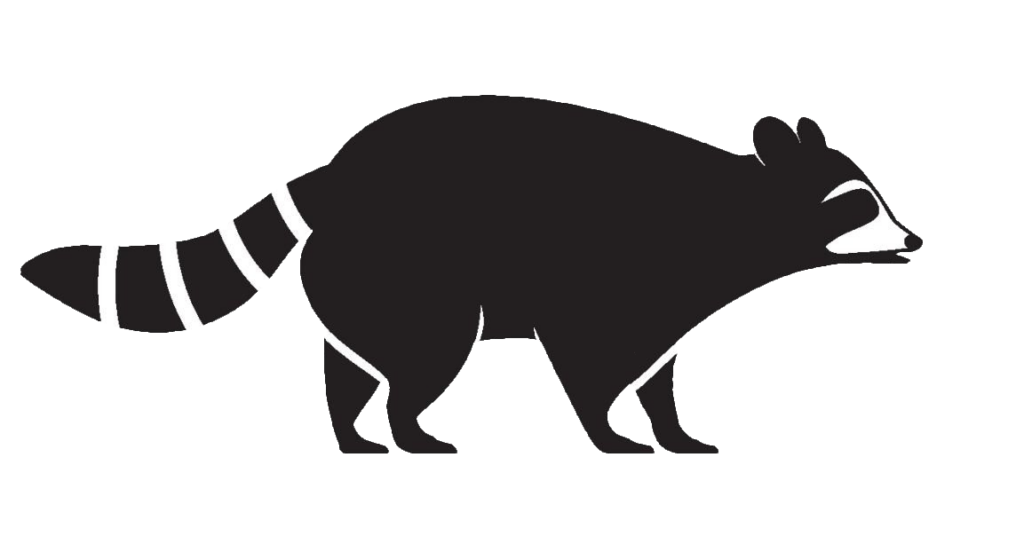
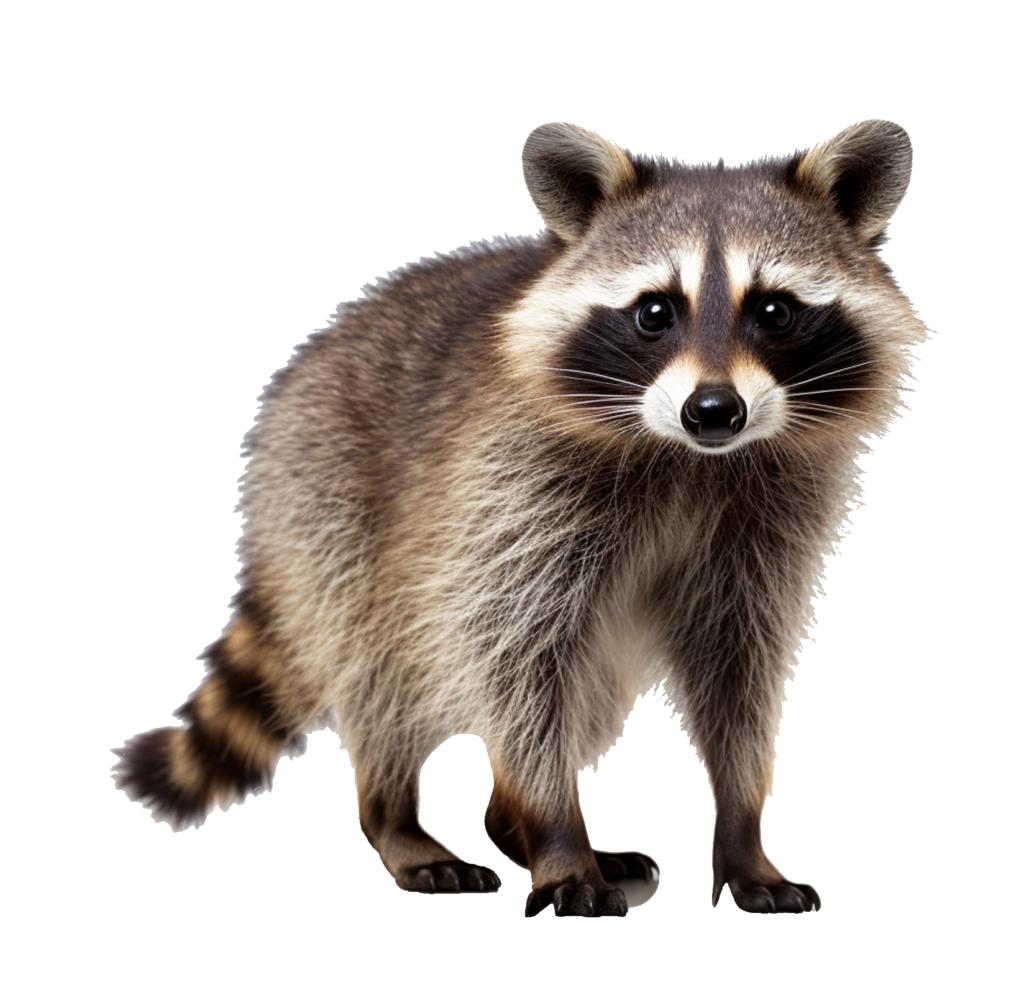
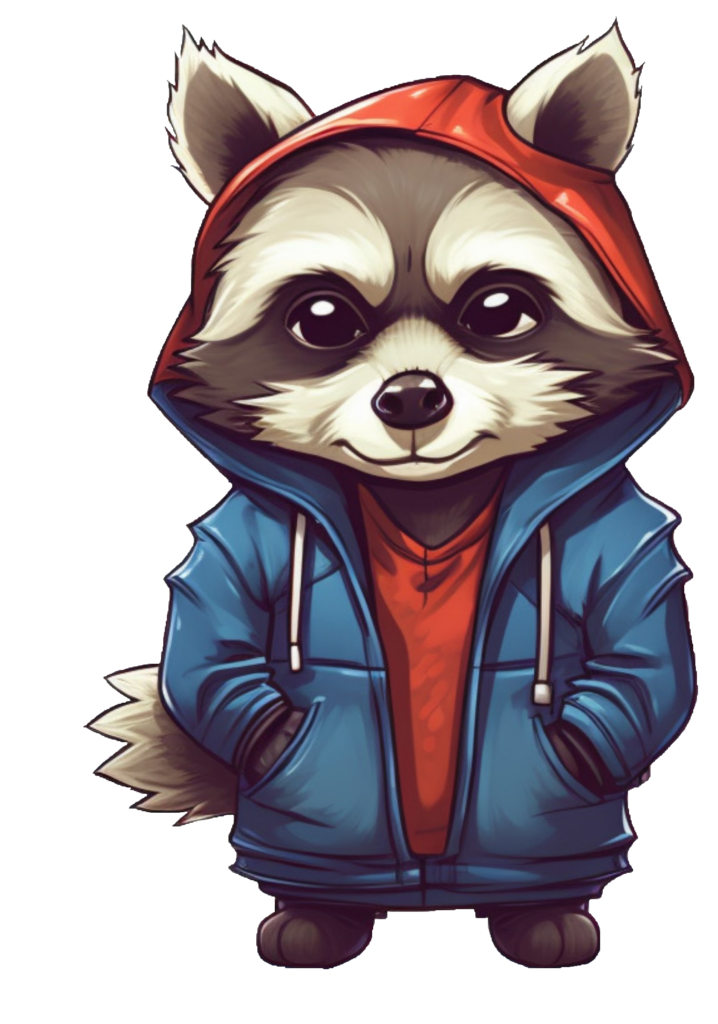
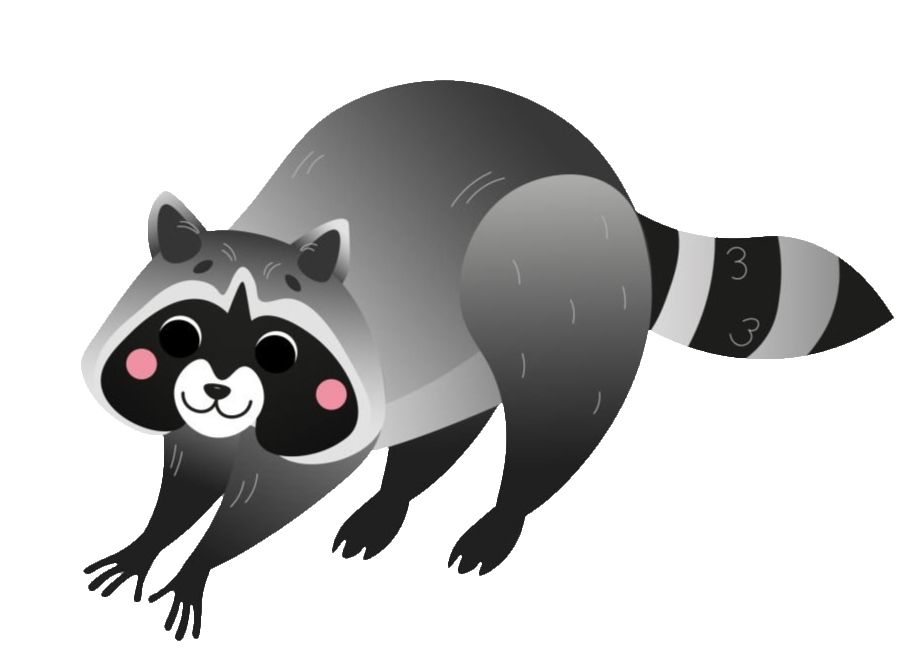
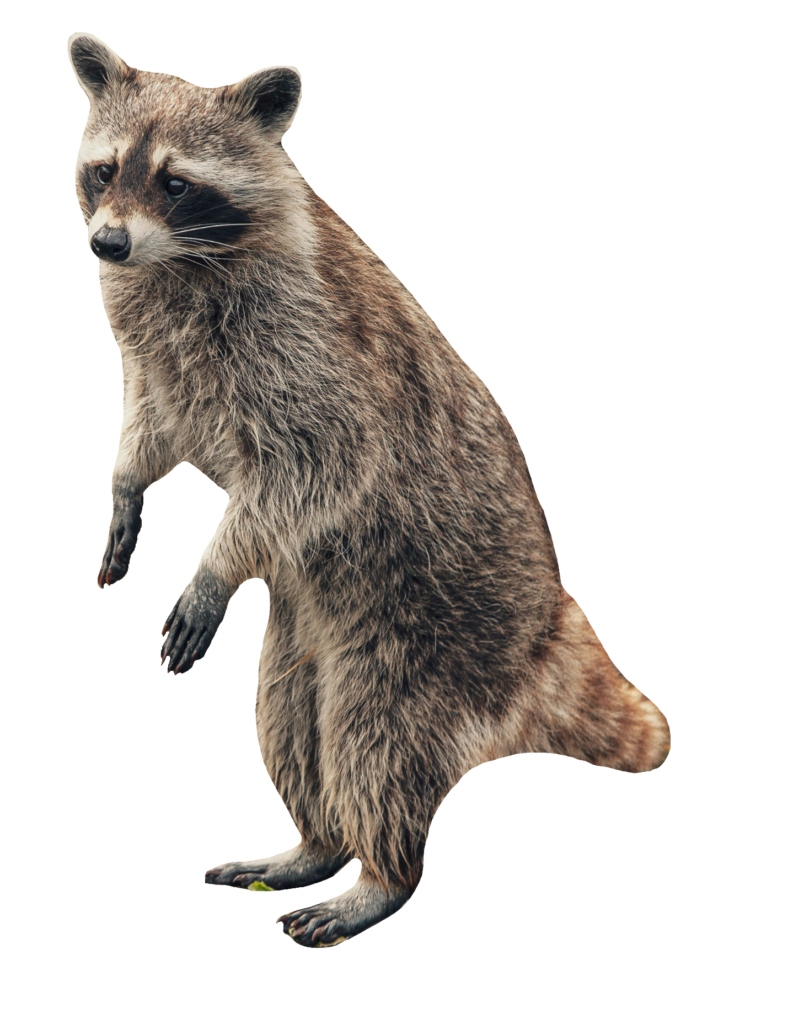
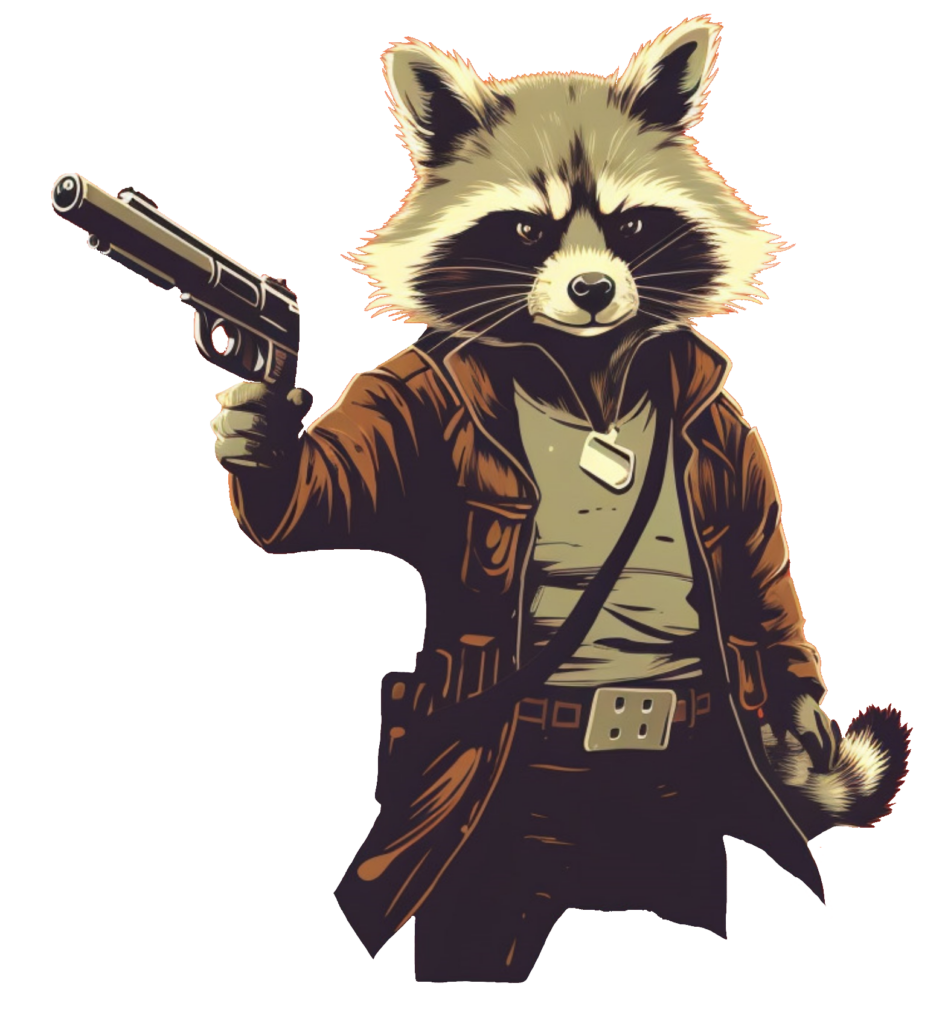
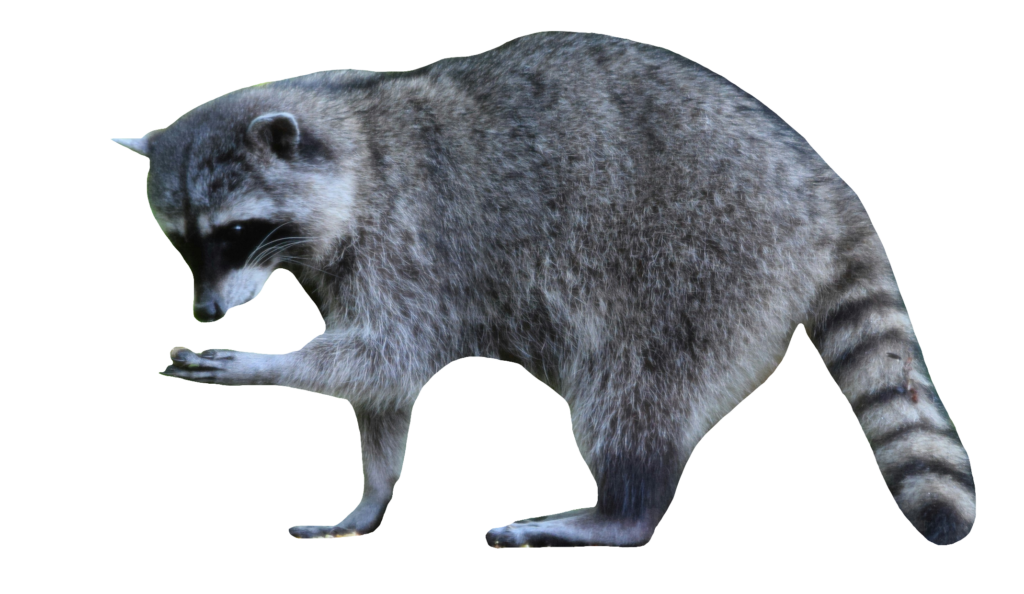
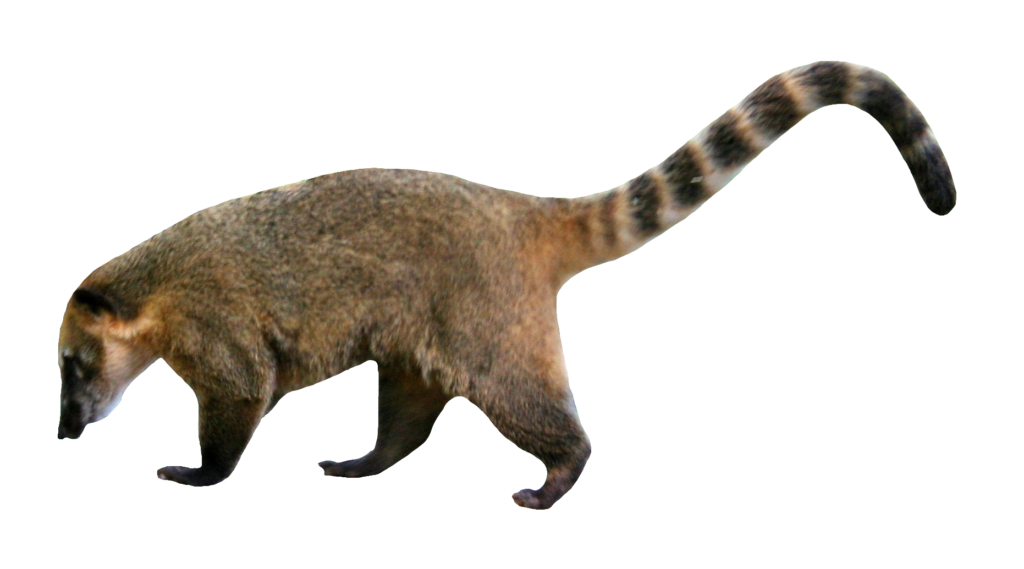
The raccoon, scientifically known as Procyon lotor, is a highly adaptable and intelligent mammal native to North America. With its distinctive masked face and ringed tail, the raccoon has captured the curiosity of humans for centuries. This nocturnal creature is known for its resourcefulness, problem-solving skills, and ability to thrive in various environments.
Raccoons are medium-sized mammals with a body length ranging from 16 to 28 inches and a bushy, ringed tail that can add 8 to 16 inches to their size. One of their most distinctive features is the black mask that covers their eyes, giving them a bandit-like appearance. Their fur is dense and ranges in color from gray to brown, providing insulation in different climates.
Raccoons are highly adaptable and opportunistic omnivores who eat plants and animals. Their diet includes fruits, nuts, insects, small mammals, eggs, and human food. Their front paws are incredibly dexterous, allowing them to manipulate objects and open containers, earning them a reputation as “masked bandits” raiding trash cans.
These creatures are primarily nocturnal, preferring to be active during the night. Their excellent night vision and keen sense of smell contribute to their success as nighttime foragers. Raccoons are also excellent climbers and swimmers, allowing them to escape predators and access different food sources.
Originally inhabitants of deciduous and mixed forests, raccoons have adapted well to urban and suburban environments. They are now found in various habitats, including forests, marshes, and urban areas. Raccoons are opportunistic when selecting den sites, utilizing tree hollows, abandoned caves, or even attics and crawl spaces in human structures.
As raccoons have expanded into urban areas, their interactions with humans have become more frequent. While some people appreciate their charismatic presence, others view them as pests, especially when they raid garbage cans or cause property damage. Raccoons are known carriers of diseases such as rabies, adding caution to human-wildlife interactions.
Raccoons are not considered a threatened or endangered species, and their population is generally stable. However, control measures may be implemented in urban and suburban areas to manage their impact on human activities. Understanding and promoting coexistence with these intelligent creatures is essential to balance wildlife conservation and human needs.
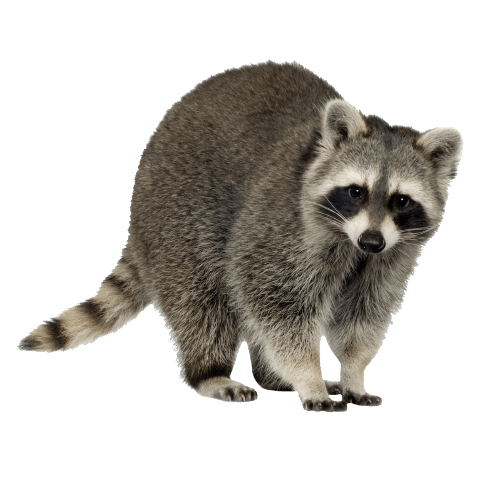
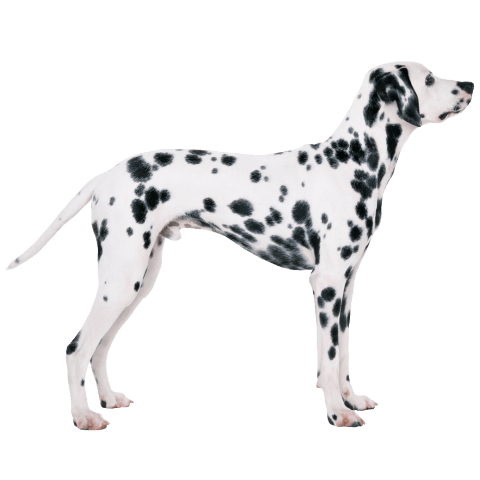
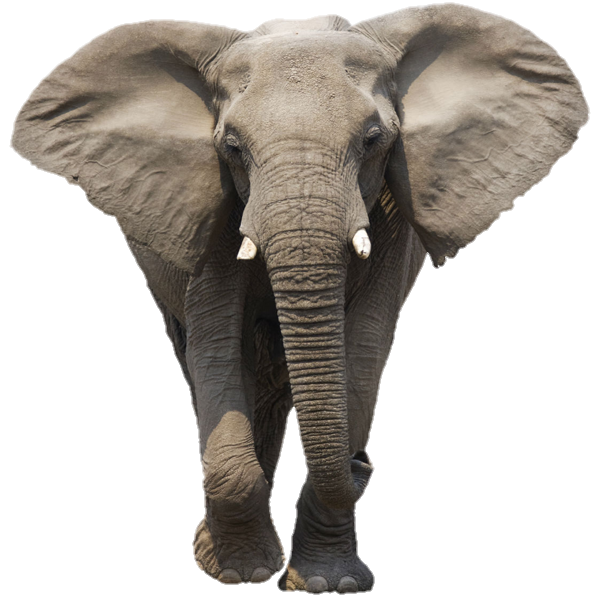
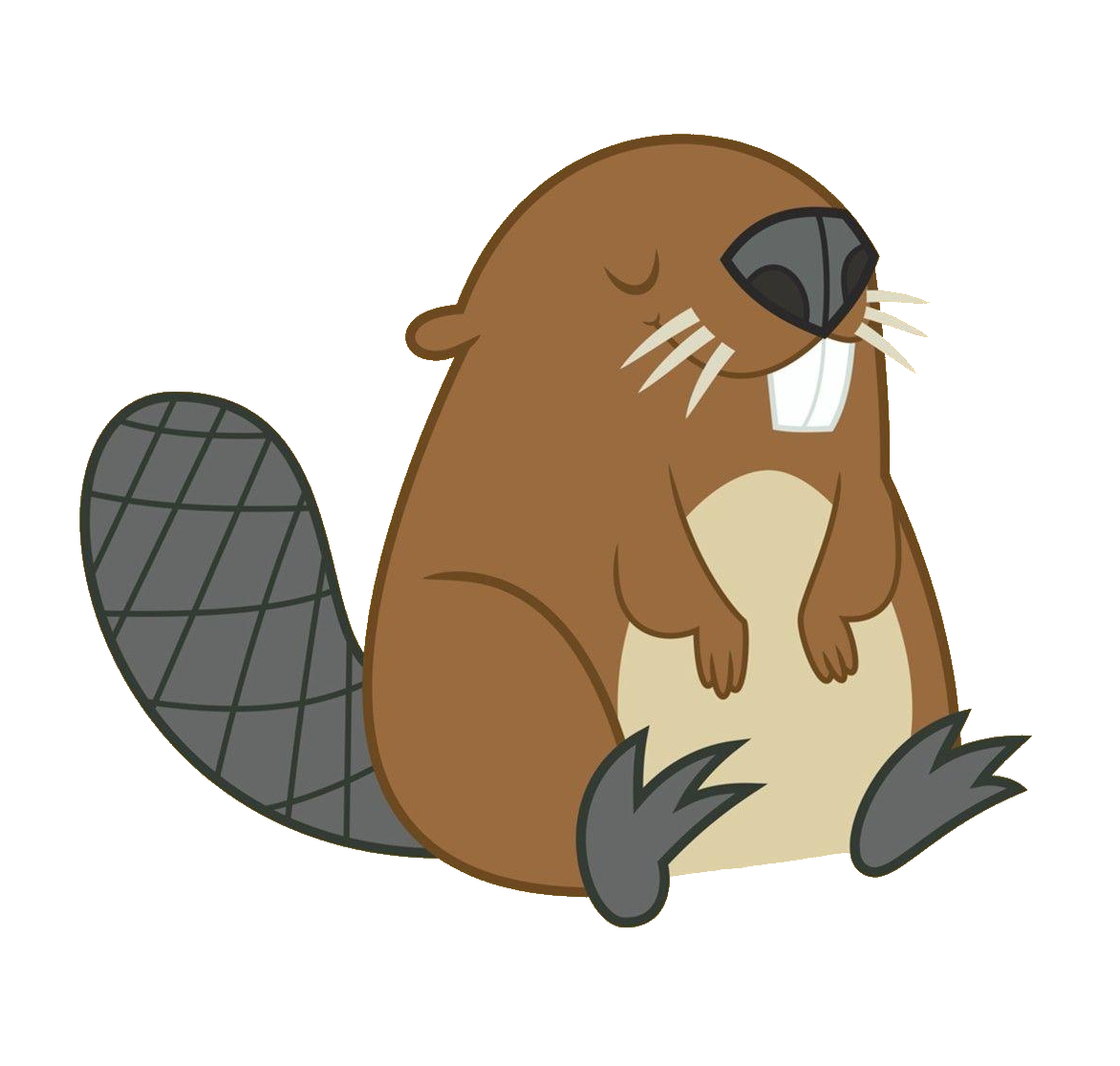
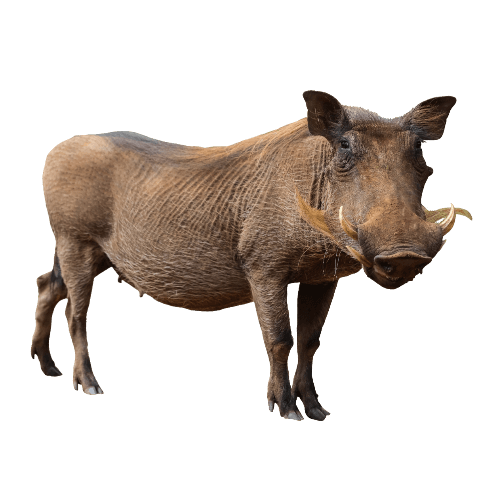
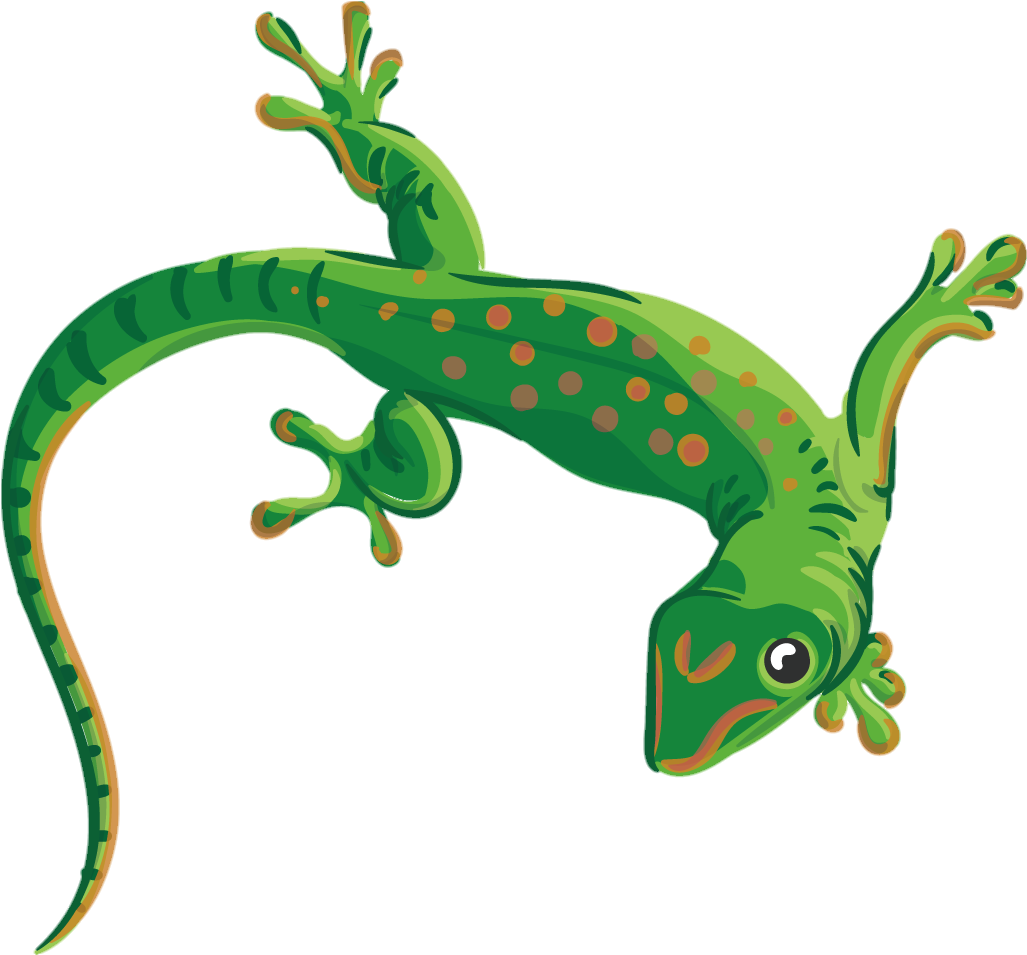
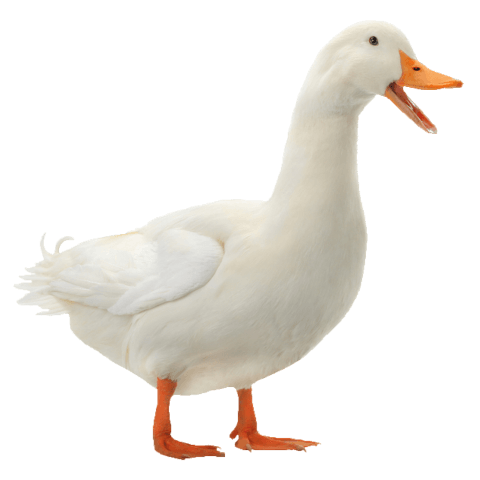
Leave a Comment